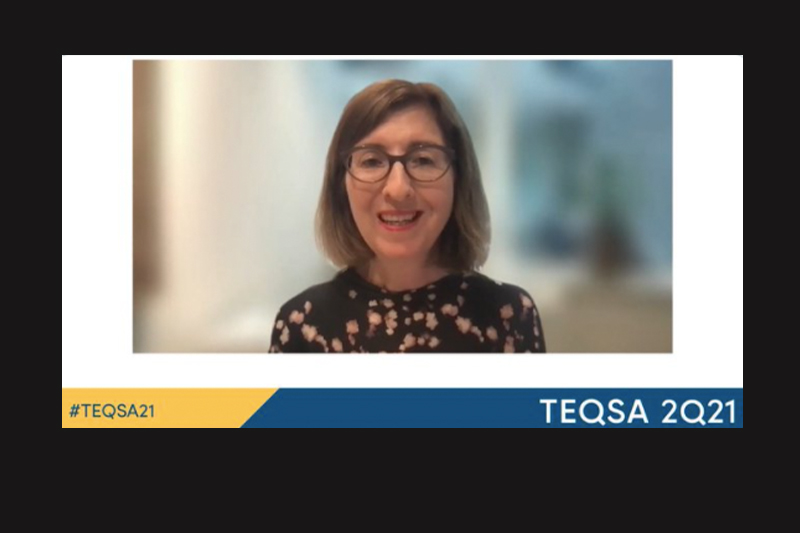NIDA CEO Liz Hughes was invited to speak at the 5th Annual TEQSA Conference, on the theme Heightened Expectations.In aninspiring speech, she spoke of the incredible year that was 2021, and the unexpected and outstanding outcomes that it has produced.
NIDA CEO Liz Hughes was invited to speak at the 5th Annual TEQSA Conference, on the theme Heightened Expectations: The promise of diversity, sculpting a changing sector. In aninspiring speech, she spoke of the incredible year that was 2021, and the unexpected and outstanding outcomes that it has produced.

My journey at NIDA started in December 2019.I’d come in withapretty bigto do list.
Very soon after walking in the door,I realised that I had arrived at a special place wherealmost every day I would witness a moment of creative magic.
Many of the writers, directors, set designers, actors, costumers, props and set makers that bring to life the content we see on stage, screen and beyond started at NIDA.And those alumni, are everywhere!
Ipassionatelywanted to harness theawesome creative DNA of NIDA, and at the same time support its evolution and modernisation.
Mykeypriorities when Istartedwere increasing the diversity and inclusion at NIDA, encouraging a greater exploration with technology in creative storytelling, supporting creative and diverse voices,harnessing entrepreneurial skills, and creating greater access to NIDA’s education.Andof course,ensuring financial sustainability.
Embracing the opportunities of disruption
I was in the role for literally weeks beforequickly getting a sense that this virus was going to be a challenge.NIDA, a mostly in person, practiced based learning offering had to quickly move with the times.Moving embodied training onlinewas imperative.
The first thing we did was started to collaboratewith the students.
For anyone who’s part of NIDA, they understand the magic that the creative and ambitious students bring to the organisation.We literally went togetherside by sideto tell each groupof students the news� we had toclose theNIDAcampus, go home and work out a way to teach and learn remotely.Many students were devasted-especially in their third year as this was their majorworkin their degree.
So,we took a moment and I offered to the students two options: to do nothing and see when thisthing called Covidwould end and be a victim to the situation. Orgrab the opportunity of the disruption and to invent the future of the performing arts.
They went for the latter.
And I believe, what they learnt, and what they experienced, has changed them for the better.
The first big challenge wasto work outhow to deliver a comparable learning experience.
Instead of our traditional June production season, we created aDigitalTheatre Festival withsixproductionson virtual platforms.
Each productionhad to be developed and produced online, had tohave strongcreativeoutcomesand we needed a creative lead for each production.Our brilliant Director inResidence, David Berthold,foundsixcreativeleadartists.
They came up with ideaswithin the constraints, worked with the actors, stage managers, costume makers, props makers, sound, lightingandseydesigners-remotely throughZoom mostly, and incredibly created six fantastic productions.
We had one production,directed by Emmy award winning Sean Stewart who suddenly found himself available, calledRoundabout� which we ‘opened’on gaming platformTwitch.
It was a love triangle with threeactors and six characters. The actors were given a350-pagescript which they had to learn quickly and then the audience would vote in the chat stream as to what character they played.We did aroundsixperformances fortheSydney and LAtime zones, each performance was completely unique as the audience controlled the choices of the narrative.
Towards theend,the actors had the chat stream brought into their view and they started to improvise with the narrativeand incorporate it into the performance. It was an amazing production, all created remotely (Sean was in LA the whole time)and really showed the power of NIDA’s teaching, and ability to adapt.
Another production was atwo-hour live sci fi performance with multiple camerasandsound effects being dropped in live.I was blown away to see the tech wizardry driving the production.
Another production was shot entirely by individual students on their phones.
Lockdown,was anarrative generated by the students, with the raw energy and honesty of the moment.
The expedited learning was incredible across all the courses that NIDA offers.It includedtechnology, screen practice, courageous storytelling and, of course, working under enormous pressure.
Theresilience of the students was impressive.And this resilience continues.The studentseasilycollaborated with the creative artists so the hierarchy that often is present inproductionswas eroded.
On the vanguard of innovation
The industry collaborations that were built during the pandemic have lasted.
One Technical Theatre and Stage Management alumni continues to collaborate with LA based SeanStewart andinternationalcreatorsofgamesandinteractivemedia companies and juggles three time zones, Sydney, US and UK.He’s grateful for the adversity that the pandemic created.
I believe performance schools such as NIDA will be the breeding ground of the next vanguard of innovation in the games sector.
I also learnt so much during this time.I appreciated the specialNIDAcreative DNAat this momentandrealised how well performance training prepared NIDA in dealing with the pandemic.
Performance training embraces improvisation, engaging with audiences in many different forms(often non-linear)and an entrepreneurial spirit of throwing it all together and getting the show on the road.
Performance training is life skills training and the skills taught are mostlyfound in the top ten of the skills that we will all need for the future of work.We are proud, that at NIDA, that’s what we set the students up for.
A more inclusive learning environment
Over the last 18 monthswe also expedited our transformation to a more inclusive learningenvironment,and this was helped along through the BLM movement and through multiple conversations with alumni,students and other stakeholders who generously provided their feedback.
We still have a long way to go,but the commitment to diversity andbeing a truly accessible organisation is now embeddedacross all areas of the organisationand isnon-negotiable.
We also addressed mental health in a big way and employed several psychologists and counsellors to assist and mentor students as they go through their often-challenging journey at NIDA. This is also now in place forever.
Inclosing here are a few takeaways:
- Co-creationwith students and ensuring they have agency is critical and the way it must be.Weattractreally talentedand brilliantindividualsand we want to ensure we have an environment to co-create with them.
- Lean into and embrace theopportunitiesof this disrupted world� we have embraced many innovations from the pandemic
- Alwayschoosea positive frame
- Performance training sets you up with all the essential skills that you need,in any sector.
For more information about the conference: https://www.teqsa.gov.au/teqsa-conference

